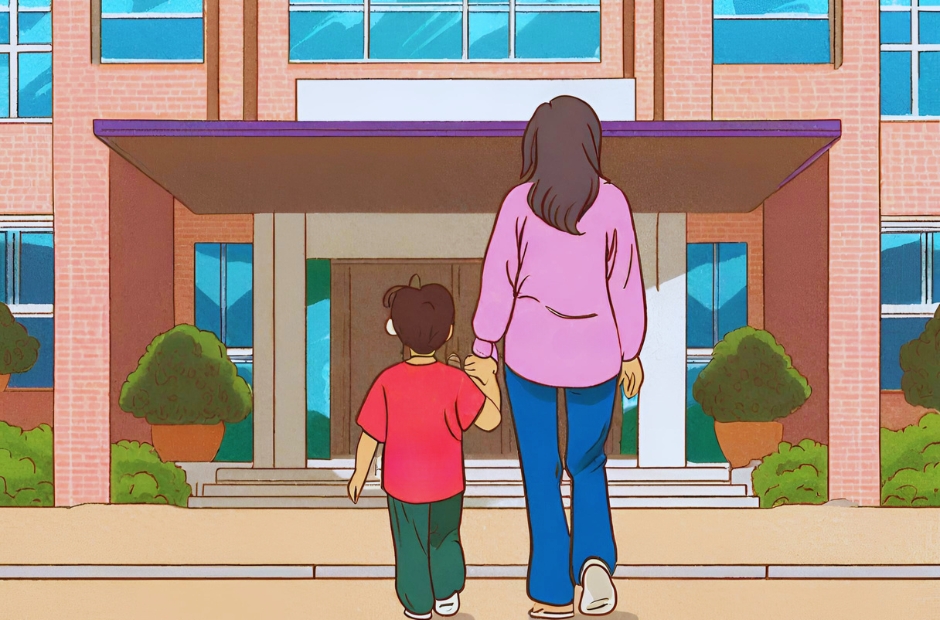Lessons in Leadership from History via E-Learning
02 Nov 2007
Was Qin Shihuang, the first emperor of China, a great leader?
“If he was a bad leader”, stated Sec 1 student Putri Illiyana Nuratiqah from Greendale Secondary School, “China would be long gone and the Great Wall wouldn’t be completed.”
On the other hand, “he showed no mercy,” pointed out her schoolmate Wiky Ang Wei Qin. “He killed innocent people.”
“Yes, millions died. But China wouldn’t exist without the wall,” added Putri, noting that before Qin’s rule, there had been chaos, civil strife and economic turmoil.
Retorting from a longer-term perspective, Wiky looked at the aftermath of Qin’s rule and concluded that despite his success in unifying China, Qin’s cruelty “caused his people to be angry” and four years after his death, “they tried to overthrow his dynasty.”
These lively exchanges were not regurgitated from some dusty old tome. Rather, landmark figures of the past have leapt up larger than life at Greendale Secondary School, as teachers pioneer classes that unveil history as living lessons, a vibrant battleground for ideas between students.
Using a Computer-Support Collaborating Learning (CSCL) tool called EduLearn, selected Sec 1 N(A) students took part in online discussions on historical themes such as “The First Emperor of China” and “The Caste and Class System”. Teachers guided and facilitated the sessions to ensure that all students had an opportunity to participate and contribute their views.
Kill the drill
Mr Tan Kok Wah, teacher-in-charge of History, explained that this e-learning platform was adopted because “when students are excited about a subject, they will learn better.” Hence, the teaching team used the CSCL tool to create “a more learner-centred environment, which encourages self-discovery, and promote independent and engaged learning – very much in the spirit of Teach Less, Learn More.”
Piloted in the first semester of 2007, the project was named History@GDLS, as it also sought to inculcate the school values of Graciousness, Determination, Loyalty and Sincerity. Here again, China’s first emperor served as a model for discussion, as the students pondered the topic “Qin Shihuang Was A Great Leader” in the light of Qin’s life and achievements. Was the emperor a gracious person, wondered the class. He was certainly a paragon of determination, with a clear vision and decisive plans, and sincere in his efforts to stabilise and unite the country. But one group of students also found themselves questioning his loyalty and graciousness, as Qin placed pride above sound judgement and justice to his people. Thus as the students, in the words of Mr Tan, become “active participants in the learning process”, they arrived at a deeper understanding of the historical situation.
Helping this process was the individual computer terminal assigned to each student, on which he or she could interact with classmates, post comments and engage in debates that required critical thinking and analysis of historical facts.
“Another means of developing critical thinking among these students is to provide questions about current issues,” said Mr Tan. “These issues may not be very familiar to students and each student has to answer a different question on their own, so they will be given ample time to search for meaningful information.”
The test of history
Following the 20-week programme, the 20 students who took part in History@GDLS were surveyed and tested to determine their critical thinking skills, knowledge and opinions of history. Apart from significantly improved test scores, there was a measurable gain in the application of thinking skills.
Teachers also observed greater zeal and effort by students during the CSCL lessons. “One senior teacher liked the fact that her students were actively engrossed in the process of conducting research, analysing the myriad ideas and making connections and drawing conclusions,” revealed Mr Tan. “Her students told her that simply comprehending, and applying the information they found were not enough. They realised that they had to analyse, synthesise and evaluate the information as well.”
Mr Tan’s team now hopes to apply the CSCL teaching strategies to teach History as well as other subjects in secondary schools, particularly classes in Combined Humanities. One clear conclusion from the programme, as Mr Tan pointed out, is that “CSCL mechanisms and the use of newer technologies in this genre are going to serve as one of the decisive and most significant factors for the future of education.”






.jpg)
